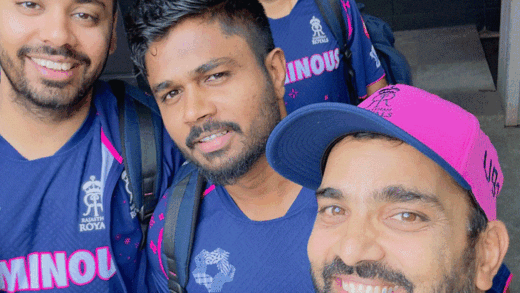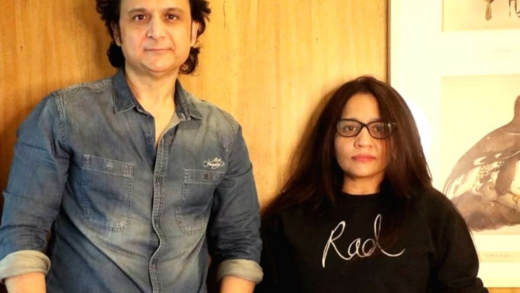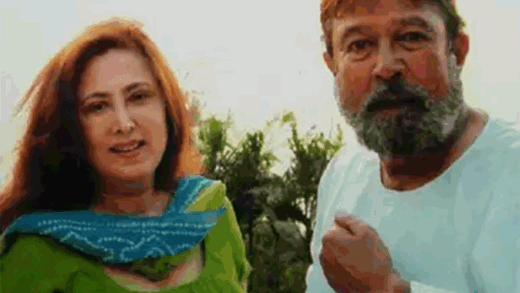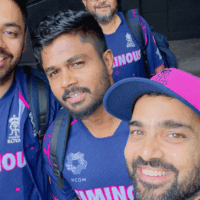UNITED NATIONS, Dec 12 (IPS) – On December 9, a wave of bombardments hit a market district in Sudan, killing at least 127 people. Over eight barrel bombs were launched on the North Darfur town Kabkabiya, marking the latest attacks on densely populated areas that occurred throughout the course of the Sudanese Civil War. Both the Rapid Support Forces (RSF) and the Sudanese Armed Forces (SAF) have received immense criticism from humanitarian organizations for committing abuses against civilians that constitute violations of international humanitarian law.
According to figures from the London School of Hygiene & Tropical Medicine, 61,000 people have died in the Khartoum state alone in the wake of hostilities in Sudan. The United Nations (UN) adds that conflict has displaced over 11 million people, making this the biggest displacement crisis in the world. Additionally, there has been considerable damage on critical civilian infrastructure over the course of the war.
On December 11, the International Rescue Committee (IRC) released a report which declared that the 20-month civil war in Sudan has generated “the biggest humanitarian crisis ever recorded”. Despite Sudan only containing approximately 1 percent of the global population, the nation contains over 10 percent of people in need of humanitarian assistance globally.
The SAF issued a statement on December 11 in which they denied responsibility for the recent attack, describing the accusations levied against it as “lies”. They further added that they believed they had the right to target any regions that are occupied by the RSF. The RSF has not responded as of yet.
On December 10, the RSF committed a heavy artillery shelling in a neighborhood in Omdurman, the largest city in the Khartoum state. According to the state government, this attack killed over 65 civilians and wounded hundreds of others. The RSF, described by the government as a “terrorist militia”, committed the “largest human massacre by shelling civilians in Karari locality.” The shelling also hit the Sabreen market and neighboring districts, as well a public transportation vehicle in the 17th district, killing all passengers on board.
The Director-General of Sudan’s Ministry of Health Fath al-Rahman Muhammad al-Amin informed reporters that casualties continue to be documented and that healthcare personnel are struggling to save lives in the midst of an influx of injured persons.
Mohamed Abdiladif, the interim country director for Save the Children in Sudan, described the two attacks as “unacceptable” as they took place in densely populated areas where families shopped for food with their children. Abdalif urged the warring parties to refrain from targeting markets, schools, healthcare facilities, and other integral public infrastructure not just as a moral obligation, he said, “but a vital step towards ensuring a stable, peaceful, and prosperous future for Sudan.”
“All wars are brutal, but the toll of this one is particularly horrifying. Indiscriminate attacks are killing civilians, including young children, some of the areas of most severe need remain cut off entirely, with no access to humanitarian aid,” warned Amy Pope, Director-General of the International Organization for Migration (IOM).
Amnesty International reports that gender-based violence, mass killings, and blockages of humanitarian aid are regular occurrences in Sudan. Furthermore, there has been a new wave of hostilities in west Darfur, with reports of ethnic cleansing of the Masalit community on the rise.
Additionally, hostilities have continued to escalate in the Zamzam displacement camp in North Darfur. Thousands of refugees have been faced with sporadic bombardments from the RSF since December 1, causing them to flee in hordes from their makeshift homes. The camp’s spokesperson, Mohammed Khamis Doda, confirmed that renewed artillery shelling in the camp resulted in at least 9 civilian casualties on December 9. Numerous witnesses described the RSF using long-range missiles, which destroyed several housing units in the camp.
As a result of extended warfare, living conditions for millions of Sudanese civilians have deteriorated significantly. In August of this year, the Famine Review Committee (FRC) determined the presence of famine within the Zamzam camp. On December 6, Doctors Without Borders, known by its French acronym MSF, reported a total of 737 cases of cholera, indicating the presence of a deepening outbreak.
The situation in Malakal remains critical, and we are concerned that the outbreak is spreading to neighbouring areas such as Tonga and Kodok,” said Zakaria Mwatia, MSF’s head of mission in the country.
The Sudanese government has urged humanitarian organizations to scale up responses as the scale of needs grows by the day. Additionally, Sudanese civilians have urgently requested an increase in protections.
Human Rights Watch (HRW) issued a report in which they indicated a host of violations of international humanitarian law occurring in Sudan. “The Rapid Support Forces’ abuse of civilians in South Kordofan is emblematic of continuing atrocities across Sudan. These new findings underscore the urgent need for the deployment of a mission to protect civilians in Sudan,” said Jean-Baptiste Gallopin, senior crisis and conflict researcher at Human Rights Watch.
IPS UN Bureau Report
Follow @IPSNewsUNBureau
Follow IPS News UN Bureau on Instagram
© Inter Press Service (2024) — All Rights ReservedOriginal source: Inter Press Service
Source link
#Escalation #Violence #Sudan #Raises #Concern #Nationwide #Collapse


















